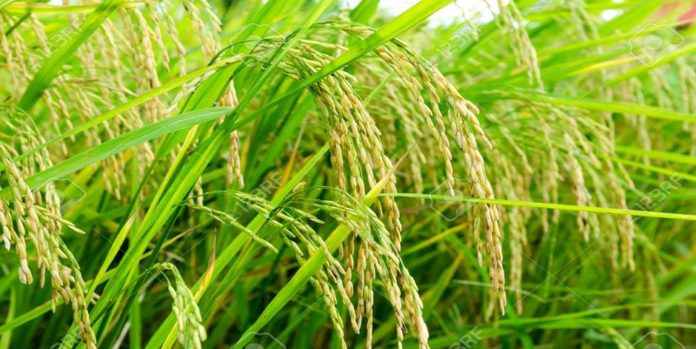By Amara Thoronka
Gambia Government and World Bank have Signed a five-year project amounting to 40 Million United States Dollars to support the “Gambia Inclusive and Resilience Agricultural Value Chain Development Project.”
Signing the agreement, World Bank Country Representative to The Gambia, Feyi Boroffice explained the scope of the project and its potential benefit to the nation.
“The objective is to promote inclusive, resilience and competitive agricultural value chain with specific focus on small holders famers and agro-businesses in The Gambia. It will promote 40 agricultural value chains. We are going to be focusing on rice production to support the country substitute the increasing importation of rice. In horticulture, we want to specifically focus on vegetables for urban centers and export. We are also looking at cashew, domestic processing and export development, and also poultry for urban centers in conjunction with maize production”
Gambia’s Minister of Agriculture, Amie Fabureh expressed thanks to World Bank for the grant, advising people who will be implementing the project to put the nation first.
“I want to advise all of us that will be implementing the project to see the Gambia and not our personal interests. Let’s all tighten our belts and double our efforts to ensure that we are self-sufficient in food production, especially rice which happens to be our staple food. A lot of money is spent to import rice into the country, so we should implement such project accordingly to stop that.”
The Minister of Finance and Economic Affairs, Mambury Njie said the five-year project will immensely contribute to the development of the country’s agricultural sector.
“This particular intervention is timely and very important to the government’s agricultural transformation agenda. The Gambia Inclusive and Resilience Agricultural Value Chain Development Project focuses on promoting private investment to target value chain activities and improve the business climate. It will also help in building the required synergies that will address the structural transformational challenges in the agricultural sector”
The project will also cover climate change vulnerability and capacitate institutions in addressing climate risks.




